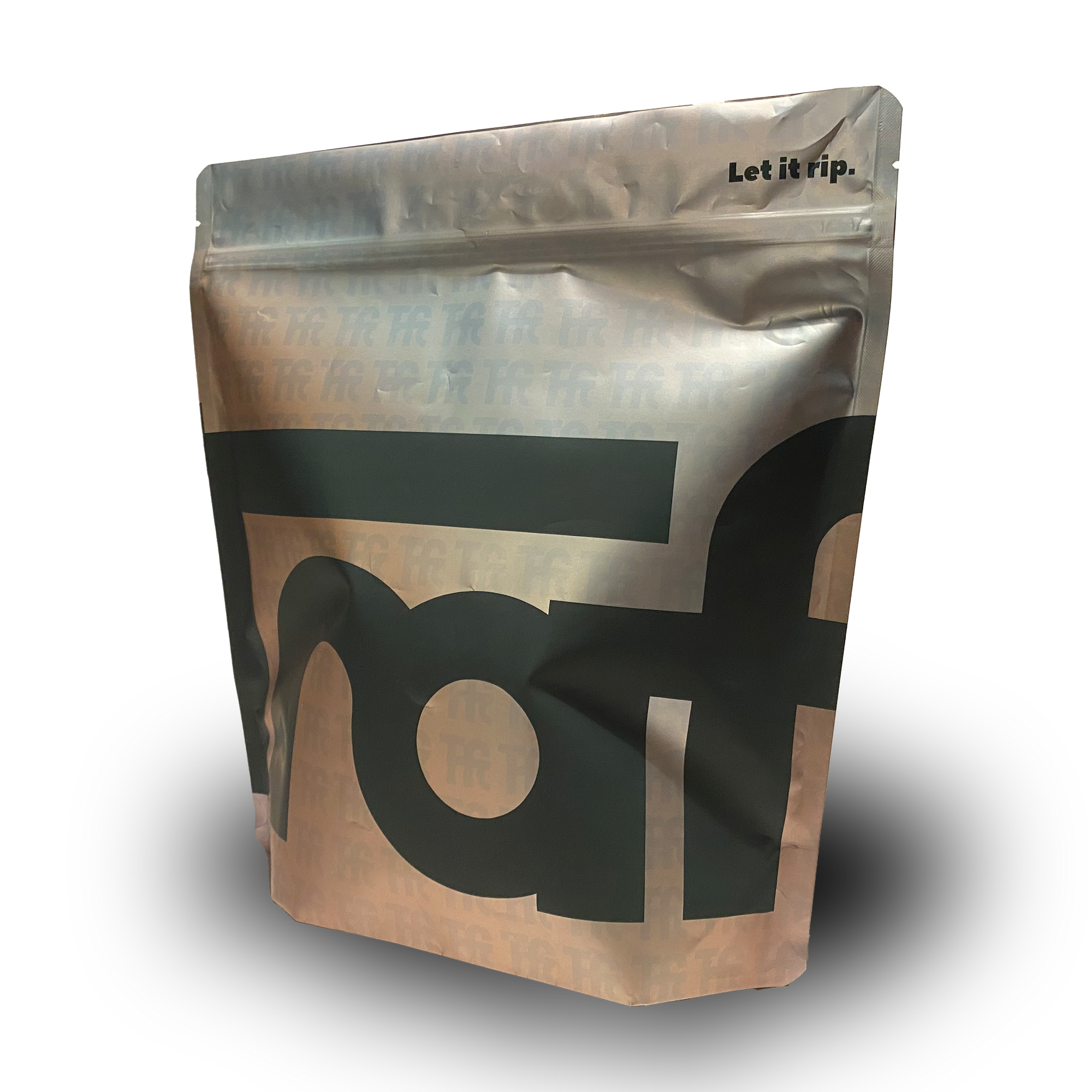LOVEBUZZ 😵💫 💙
Regular price
Unit price
per
Farmer: Wilton Benitez
Origin: La Macarena, Cauca, Colombia
Altitude: 1800m
Process: washed
Varietal: Castillo
Notes: candied orange, pecan, lavender
Roast: light
3rd Edition of the "LoveBuzz"...the ode to a great song & a great 90's grunge band that paved the way. The coffees featured under LoveBuzz are simple & delicious...they're a great guitar riff, catchy hook, a pounding bass line....& a driving rhythm to get you out of bed & into the world you sometimes make friends with, after coffee of course.


